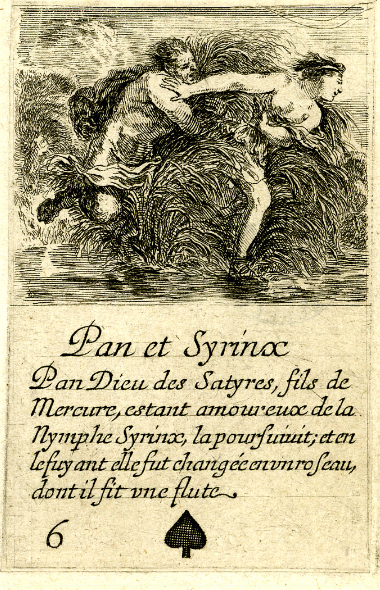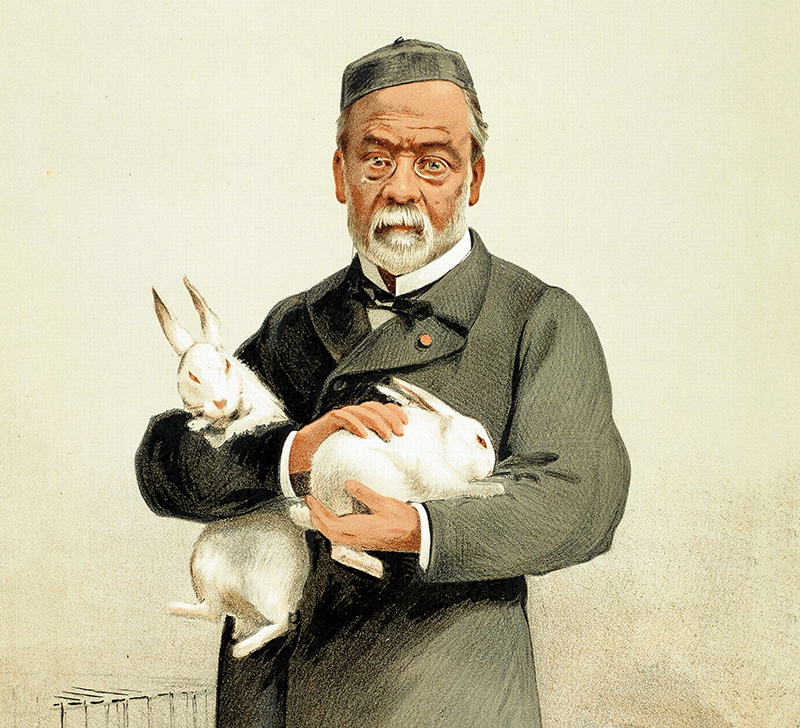🔥 Salt Snatchers and The Cosmic Stick-Up of Your Soul’s Swagger (WITH RECEIPTS)
There was a time when to steal a man’s salt was to steal the brightness from his bones. Back when salt was the VIP pass to the good life, swiping a dude’s salt stash was like hacking his crypto wallet, torching his mixtape, and stealing his grandma’s legendary hot sauce recipe. Salt wasn’t j
The term “hormesis” derives from Greek hórmēsis for “rapid motion, eagerness”, itself from ancient Greek hormáein to excite. The same Greek root provides the word hormone.
Hormesis is a two-phased dose-response relationship to an environmental agent whereby low-dose amounts have a beneficial effect and high-dose amounts are either inhibitory to function or toxic. Within the hormetic zone, the biological response to low-dose amounts of some stressors is generall
-ium
word-forming element in chemistry, used to coin element names, from Latin adjectival suffix -ium (neuter of -ius), which formed metal names in Latin (ferrum “iron,” aurum “gold,” etc.). In late 18c chemists began to pay attention to the naming of their substances with w
Lagniappe, “a word worth traveling to New Orleans to get”
A lagniappe is “a small gift given to a customer by a merchant at the time of a purchase” (such as a 13th doughnut on purchase of a dozen), or more broadly, “something given or obtained gratuitously or by way of good measure.” It can be used more generally as meaning any e
In classical Greek mythology, Syrinx was a nymph and a follower of Artemis, known for her chastity
Mythology Story Syrinx was a beautiful wood nymph who had many times attracted the attention of satyrs, and fled their advances in turn. She worshipped Artemis, the goddess of wilderness, and had like her vowed to remain a virgin for all time. Pursued by the amorous god Pan, she ran to a riverR
The word “paracetmol”
The word “paracetmol” is a shortened form of para-acetyl-amino-phenol, and was coined, manufactured and sold by Frederick Stearns & Co in 1956.
The word “acetaminophen”
The word “acetaminophen” is a shortened form of N-acetyl aminophenol, and was coined and first marketed by McNeil Laboratories in 1955.
Pharmacy (etymology)
pharmacy (n.) late 14c., farmacie, “a medicine that rids the body of an excess of humors (except blood);” also “treatment with medicine; theory of treatment with medicine,” from Old French farmacie “a purgative” (13c.) and directly from Medieva
Toxin (etymology)
toxin (n.) “organic poison,” especially one produced by bacteria in an animal body, 1886, from toxic + -in (2). toxic (adj.) 1660s, from French toxique and directly from Late Latin toxicus “poisoned,” from Latin toxicum “poison,” from Greek to
Sugar-coat (etymology)
also sugarcoat, 1870, originally of medicine; figuratively, “make more palatable,” from 1910; from sugar (n.) + coat (v.). Related: Sugarcoated; sugarcoating. sugar (n.) late 13c., sugre, from Old French sucre “sugar” (12
Poison (etymology)
poison (n.) c. 1200, poisoun, “a deadly potion or substance,” also figuratively, “spiritually corrupting ideas; evil intentions,” from Old French poison, puison (12c., Modern French poison) “a drink,” especially a medical drink, later
Virus (etymology)
virus (n.) late 14c., “poisonous substance” (a sense now archaic), from Latin virus “poison, sap of plants, slimy liquid, a potent juice,” from Proto-Italic *weis-o-(s-) “poison,” which is probably from a PIE root *ueis-, perhaps originally meaning R
Cochineal Etymology
cochineal (n.) “brilliant crimson dyestuff consisting of the dried bodies of a species of insect,” 1580s, from French cochenille (16c.), probably from Spanish cochinilla, from a diminutive of Latin coccinus (adj.) “scarlet-colored,” from coc







